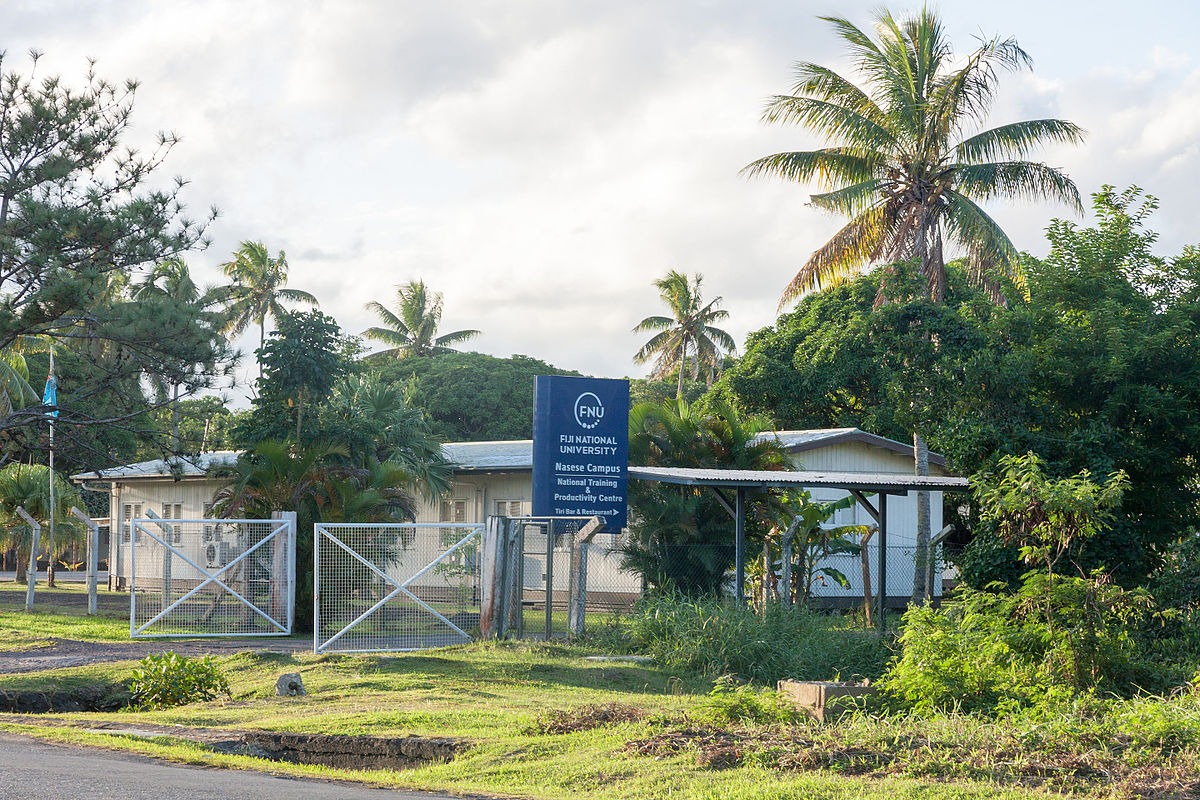Pacific universities likely to struggle to attract foreign scholars after Fiji row
An expert has warned that the deportation of a serving vice-chancellor in Fiji has harmed their chances to attract any more high-ranking foreign administrators to run their universities.
Vice-chancellor Pal Ahluwalia of University of the South Pacific (USP) was deported from Fiji on 3 February. A subcommittee of the university’s governing council has been deliberating whether Mr Ahluwalia can continue serving as leader and where he should be based.
Professor Ahluwalia’s suspension was because of a proposal to alter his contract allowing him to manage the institution from any of USP’s 12 constituent countries, instead of just Fiji where it is headquartered.
Professor Ahluwalia’s tensions with the university are believed to have begun nearly two years ago. He had written a report alleging abuse of office and financial mismanagement at USP, which caused some council members to oppose him.
Jonathan Pryke, director of the Pacific Islands Programme at Australia’s Lowy Institute thinktank, believes political “meddling” was undermining the chances of luring international leadership expertise to the Pacific region.
“It’s going to be very challenging to get high-calibre academics to come and do anything beyond just teaching.”
The fundamental problem is that the Fijian government, [as] a primary funder of the university and host of the main campus, sees it as a national institution that they should control
–Jonathan Pryke, director of the Pacific Islands Programme
Mr Pryke believes the council’s apparent division was a “microcosm” of broader regional tensions between an assertive Fiji and its smaller neighbours, which envy the country’s strong influence and size.
“The fundamental problem is that the Fijian government, [as] a primary funder of the university and host of the main campus, sees it as a national institution that they should control,” he said.
“The worry, if this continues to play out, is that the whole institution is going to wither on the vine. It behoves all parties to take that risk seriously. It’s a unique organisation [with] campuses all across the region. If it dies, it cannot be replaced. This is bigger than domestic politics [or] personal disputes,” he added.
He argues that Mr Ahluwalia’s job seems untenable, adding “clearly he and the Fiji government are at such loggerheads”.
There have been similar experiences of other Western academics who have led universities in Papua New Guinea.
John Warren, former vice-chancellor of the University of Natural Resources and Environment, was forced to escape to Australia during the night in 2018 under advice from the British High Commission. He feared for his life following an unfortunate falling-out with the university’s council.
Albert Schram, a past vice-chancellor of Papua New Guinea University of Technology, fled the country after his efforts to expose the fraud at his institution. This subsequently led to Professor Schram being falsely accused of forging his PhD and arrested under false pretence.

Comments